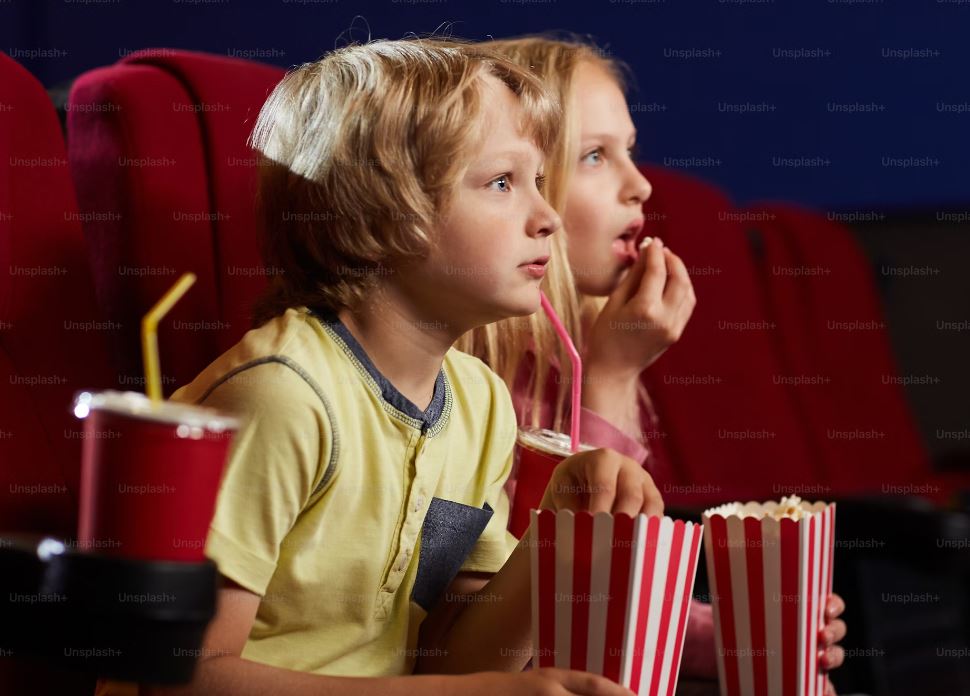
In recent years, the traditional education model has undergone significant transformations to accommodate more dynamic and engaging teaching methods. Among these innovative approaches, the use of films in academic settings has emerged as a particularly effective method to enhance student learning. This practice not only supports the retention of information but also stimulates critical thinking and discussion among students.
Incorporating films into the educational curriculum is increasingly recognized by educational institutions as a valuable resource. Whether it’s a historical documentary or a fictional narrative that underscores moral and ethical dilemmas, films offer a unique avenue for educators to enhance their teaching methods. Notably, services like professional writing service WritePaper are also acknowledging the shift towards more interactive content to support students in their academic journeys, providing tailored resources that align with these innovative teaching methodologies.

The Educational Power of Film
Engaging Multiple Learning Styles
Films in an educational context cater to various learning styles, making them an inclusive tool in diverse classroom settings. Visual learners benefit significantly from watching content, as it helps them visualize concepts and historical periods. Auditory learners, on the other hand, gain from the dialogues and music, while kinesthetic learners appreciate the dynamic scenes which help embody the emotional gravitas of the stories being told.
Enhancing Understanding and Retention
Films can transform abstract and complex subjects into relatable and understandable content. For example, a movie depicting the life of a historical figure can provide students with a more tangible understanding of that person’s impact on history. This method proves particularly effective in subjects where students typically struggle with engagement and retention, such as history or science.
Films as a Tool for Critical Analysis
Developing Critical Thinking
Regularly integrating films into the curriculum encourages students to engage critically with content. Analyzing characters, motives, and plot developments fosters critical thinking skills. Students learn to question and debate, skills that are invaluable across all areas of study—from literature to social sciences.
Encouraging Reflective Discussion
Post-film discussions can be a powerful tool for educators to gauge understanding and encourage students to express their thoughts and opinions. This not only reinforces the material viewed but also promotes the development of persuasive speaking and argumentative skills among students.

Practical Implementation in the Classroom
Selection and Scheduling
Choosing the right film is crucial for effective learning. Educators should consider the educational objectives and the maturity level of their students when selecting a film. Moreover, planning needs to be meticulous to align films with the syllabus and ensure they complement traditional teaching methods rather than replace them.
Integration with Conventional Teaching Methods
Films should not stand alone as educational tools but be part of a broader educational strategy. This includes pre-viewing discussions, assignments, and follow-up activities that integrate the insights gained from the films into the standard curriculum. This approach ensures that films are a complementary tool, enhancing traditional learning methods rather than overshadowing them.
Conclusion
The integration of films into educational settings offers a compelling way to enhance traditional teaching methods and engage students in a meaningful dialogue about the curriculum. By stimulating sensory, emotional, and intellectual responses, films can make learning a more dynamic and immersive experience. As educational paradigms continue to evolve, the role of films in classrooms is set to expand, heralding a new era of enriched academic engagement.
For students seeking to make the most of their educational experiences, the best personal statement writing service can provide personalized assistance, ensuring that their unique learning journeys are both profound and impactful. Whether it’s enhancing film-based learning or crafting compelling personal statements, these services play a crucial role in helping students achieve their academic goals.